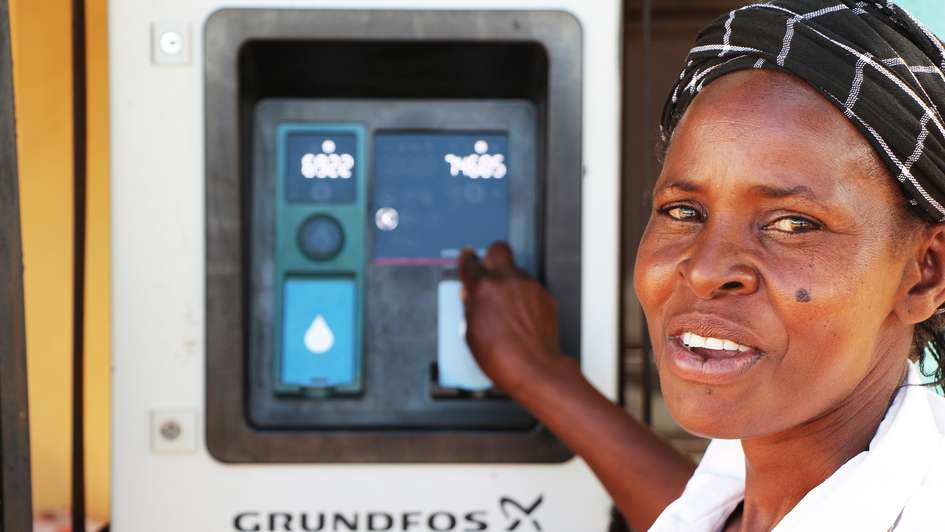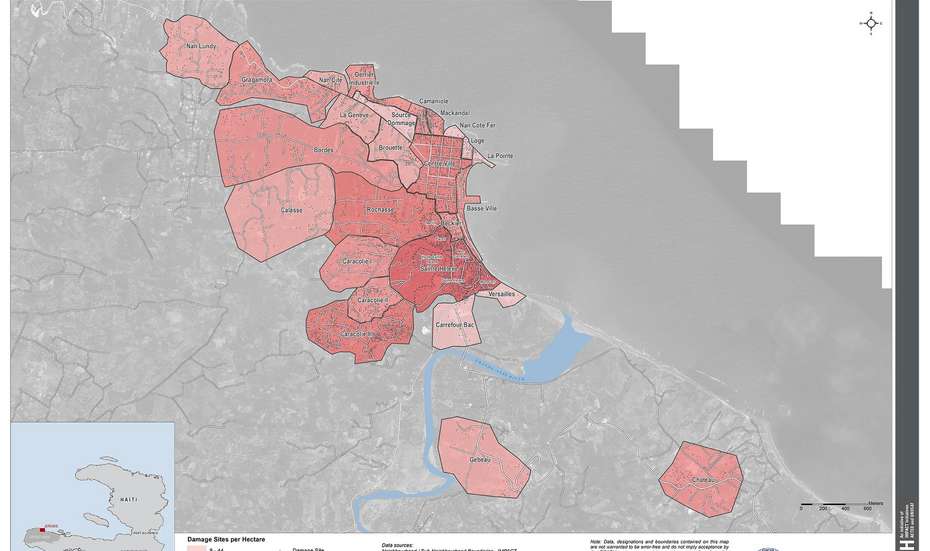Learn more about Welthungerhilfe's innovations AgriShare, Child Growth Monitor and Qur’an for Nutrition.
Innovation Against Hunger
Sharing ideas, scaling impact: global partnerships and social entrepreneurship for the benefit of people living in poverty.

The global community has set itself a big challenge: a world without hunger by 2030. To achieve this, 735 million undernourished people need secure access to food. Although the number of people suffering from hunger has decreased by almost a third since the beginning of the millennium, efforts must be tripled to reach the target by 2030. One way is to promote innovation, putting money and work to the most effective use.
How good ideas grow
An idea only becomes an innovation if it is taken on and implemented within a larger framework. Experts speak of ‘scaling’: For example, the web platform Global Innovation Exchange lists nearly 5,000 innovations, more than 16,000 innovators are busy with new discoveries and the application of existing solutions across borders and organizations. The Innovation Accelerator of the UN World Food Programme (WFP) promotes innovations with the goal of ‘Zero Hunger’.
Innovations are an important issue for Welthungerhilfe (WHH) too. Our in-house Innovation Award honors innovative projects. For example, a cocoa project in Sierra Leone: It encouraged cocoa merchants, the ministry of agriculture and European trading firms to plan and invest together. It meant that transparent land usage plans were created for 30,000 cocoa farmers, minimum standards for certifying the cocoa were set out and sustainable cultivation methods were introduced. Since then, the income of the smallholders has risen, and through the project, families are able to independently provide for themselves.
WHH has repeated this history of success in other countries with other products: in Madagascar with pepper, carnations and ginger, in Zimbabwe with chili and sesame, and in Myanmar with herbs.

New partnerships for innovation
The United Nations Sustainable Development Goals call for the formation of global partnerships to generate sustainability and efficiency for the benefit of the world's poorest people. This is why development assistance also cooperates with the private sector. In this way, new methods of financing and economic sustainability guarantee long-term engagement.
A few organizations from the non-profit sector have recognized that it is beneficial to share ideas – because they are then more effective: The WFP developed the software SCOPE for the biometric registration of refugees and distribution of aid supplies. The program can be used free of charge by non-governmental organizations.
Shared ideas, greater impact
WHH has repeated this history of success in other countries with other products: in Madagascar with pepper, carnations and ginger, in Zimbabwe with chili and sesame, and in Myanmar with herbs.

The aid organization World Vision provides the systems it has developed Last Mile Mobile Solutions (LMMS), and Non-Food Item Tracking (NTS) to other aid organizations. ACTED, WHH's French partner organization is contributing to the revolution of emergency aid through IMPACT maps from crisis regions. They are produced with the help of satellite imaging and made publicly accessible.
More and more non-governmental organizations are opening up to the private capital market and private investments. WHH is also committed to the positive effects of a sustainable market economy. We are using our many years of experience to develop inclusive and social enterprise into a strategic pillar of its work.
How WHH promotes innovation
- In-house Innovation Award for innovative projects
- Transferring innovative solutions to different project countries
- Sharing innovative ideas with partners
- Cooperation with private sector partners








